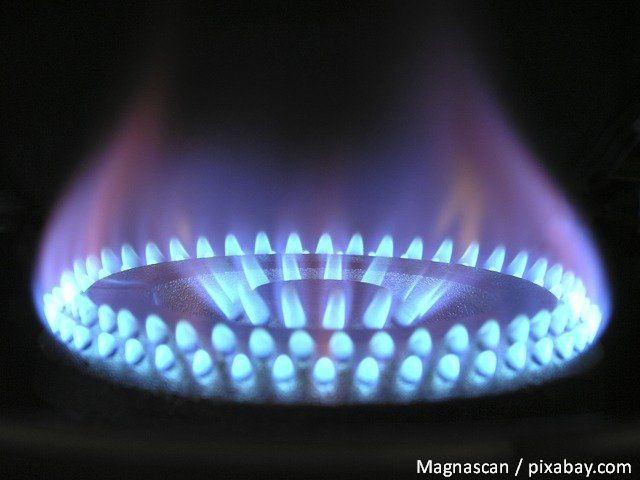Clashes over energy price caps
A new order by the government concerning energy prices triggers criticism

Ştefan Stoica, 06.09.2022, 13:50
The price of natural gas went up 30% in Europe on Monday, after Russia announced that North Stream deliveries would remain suspended indefinitely.
In Amsterdam, where natural gas reference prices for the continent are set, quotes moved over EUR 270 per MW/h. This spring, following the Russian invasion in Ukraine, they reached a record-high EUR 335 per MW, news agencies mentioned.
The EU is looking at options to cap energy prices. Starting with Germany, which announced a EUR 65-bln package, European governments are deciding to channel large amounts into household support schemes.
So does the coalition government in Bucharest, which resolved to extend the price cap and subsidy programme for natural gas and electricity until next August. But a new outlook shifts the financial burden of these measures to companies in the energy sector, which will be subject to additional taxes. Moreover, brokers that re-sell energy for very high prices, thus taking advantage of the energy crunch, according to the government, will be fined 5% of their turnover.
The head of the Smart Energy Association, Dumitru Chisăliţă, believes the deadline for enforcing last weeks government order is very short and may severely affect the activity of corporate consumers:
Dumitru Chisăliţă: “Most industrial consumers and even households have made plans, budgets, have signed contracts. Interfering mid-game, just ahead of winter, and ruining all these plans, will in my opinion bring many consumers to their knees and force them to downsize operations or even close shop.”
The former energy minister Răzvan Nicolescu, on the other hand, argues that the new measures may reduce speculation:
Răzvan Nicolescu: “Being able to order fines of up to 5% of turnover for those who trade energy for speculation purposes is a good thing. The fact that stakeholders have been striving for months to find a solution for their own consumption, for distribution and transport, is again, in my opinion, a good thing. And introducing a principle according to which all those who obtain undue benefits in these times should be penalised is a good thing.”
Save Romania Union, in opposition, criticised the government order, arguing that it would destroy the energy sector and the economy. The party tabled a simple motion against the energy minister Virgil Popescu, at the very start of the new parliamentary session, which makes it its third attempt to dismiss the line minister so far. (A.M.P.)






























